UAE, Israel ratify comprehensive partnership agreement as part of widely-bashed normalization deal
The United Arab Emirates (UAE) and the Israeli occupation regime have officially signed a comprehensive economic partnership deal as part of a widely-bashed normalization agreement between Abu Dhabi and Tel Aviv.
Thani al-Zeyoudi, the Emirati minister of state for foreign trade, made the announcement in a string of posts on his Twitter account on Sunday, saying the Comprehensive Economic Partnership Agreement (CEPA), which was initially inked in May, would remove or reduce tariffs on 96% of goods traded between the two sides.
He described the deal as "another major step in our foreign trade agenda," noting the UAE-Israel Comprehensive Partnership Agreement which is ratified by both sides "will eliminate or reduce tariffs on 96% of products, providing a major boost to our industrial and service sectors."
“Non-oil UAE-Israel trade hit US$2bn in the first 9 months of 2022, up 114% from the same period in 2021. The UAE-Israel CEPA will accelerate this progress as we create opportunities in key sectors such as advanced technology, renewable energy and food security,” he added.
Back in 2020, the United Arab Emirates and Bahrain signed United States-brokered agreements with Israel to normalize their ties with the regime. Some other regional states, namely Sudan and Morocco, followed suit soon afterward.
The normalization deals have sparked widespread condemnations from the Palestinians as well as nations and human rights advocates across the globe, especially within the Muslim world.
Last week, people in Bahrain staged fresh demonstrations across the Persian Gulf country to reiterate their support for the Palestinian cause and to condemn the establishment of full diplomatic relations with the Tel Aviv regime. The Bahraini demonstrators also protested a visit by Israeli president Isaac Herzog to Manama, as a result of which he was forced to change his itinerary.
Other regional countries have also been fraternizing with Israel, including Saudi Arabia, which received a visit by the regime’s former prime minister Benjamin Netanyahu in November 2020.
The much-criticized deals with Israel come as the occupying regime has been pressing ahead with its decades-long acts of aggression against Palestinians in their occupied homeland.
Israeli forces have recently been conducting overnight raids and killings in the northern part of the occupied West Bank, mainly in the cities of Jenin and Nablus, where new groups of Palestinian resistance fighters have been formed.
According to the United Nations, the number of Palestinians killed by Israel in the West Bank this year is the highest in 16 years.
Local and international rights groups have condemned Israel’s excessive use of force and “shoot-to-kill policy” against Palestinians.
Incidents of sabotage and violence by settlers against Palestinians and their property have also become a daily occurrence throughout the occupied territories, not least the West Bank. However, Israeli authorities rarely prosecute settlers and the vast majority of the files are closed due to deliberate police failure to investigate them properly.
Epstein files fallout: Norwegian police launch corruption probe into veteran diplomat
VIDEO | Iranian embassy in China celebrates Islamic Revolution anniversary
VIDEO | UK police arrest Palestinian journalist, Press TV contributor
VIDEO | Fighting British state
UN chief condemns new Israeli annexation project in occupied West Bank
Araghchi briefs foreign ministers of Turkey, Egypt and S. Arabia on US talks
JD Vance’s Caucasus trip deepens concerns over sovereignty, security and US meddling
VIDEO | Press TV's news headlines


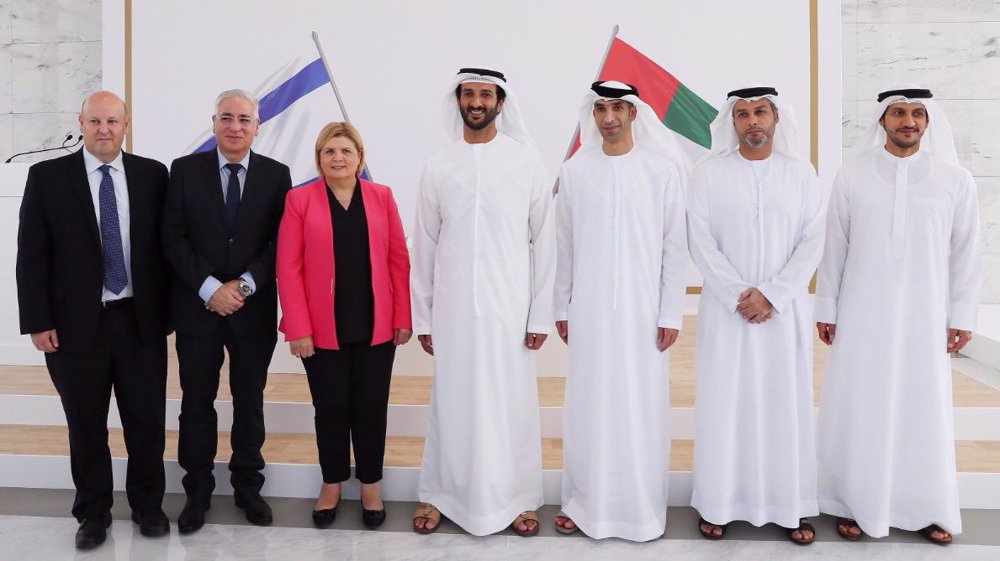
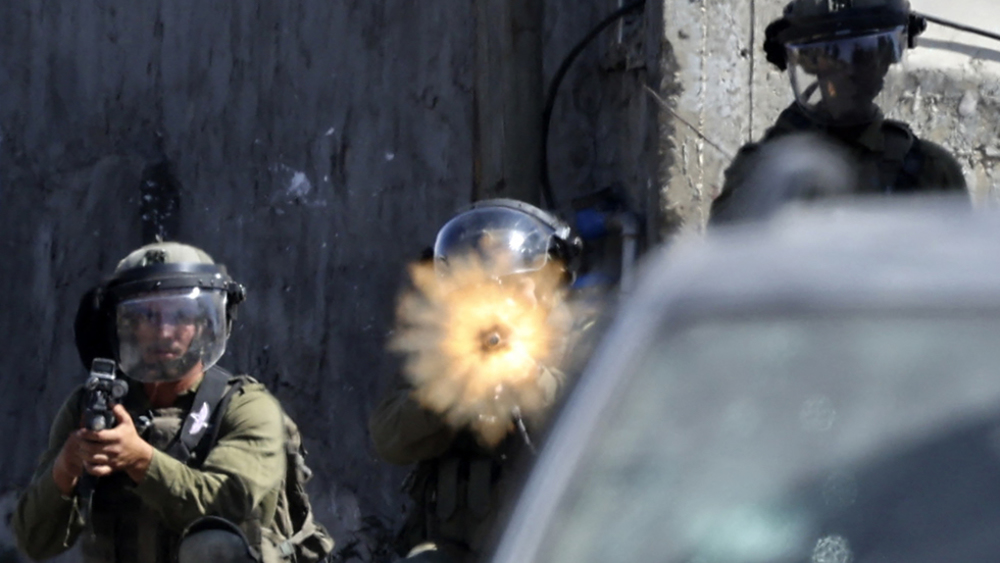
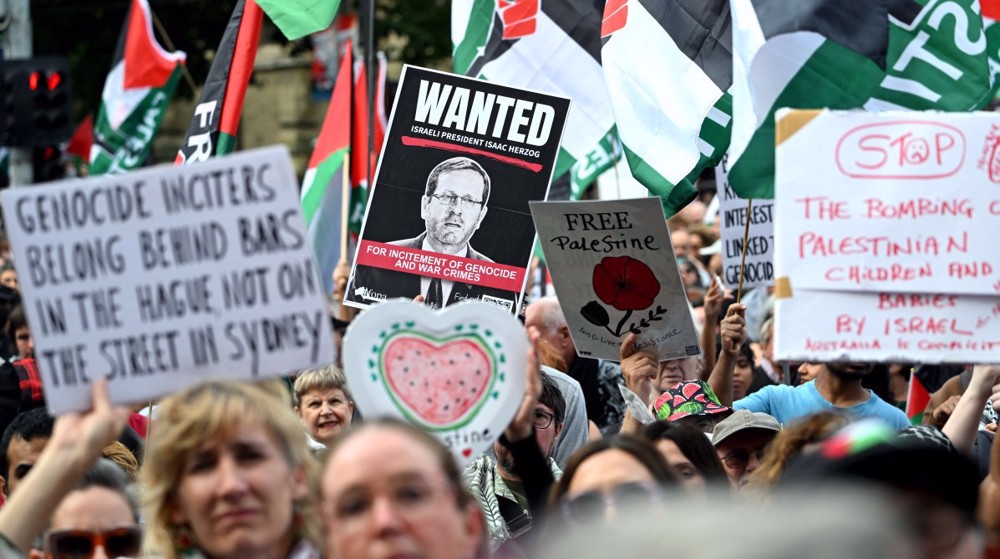
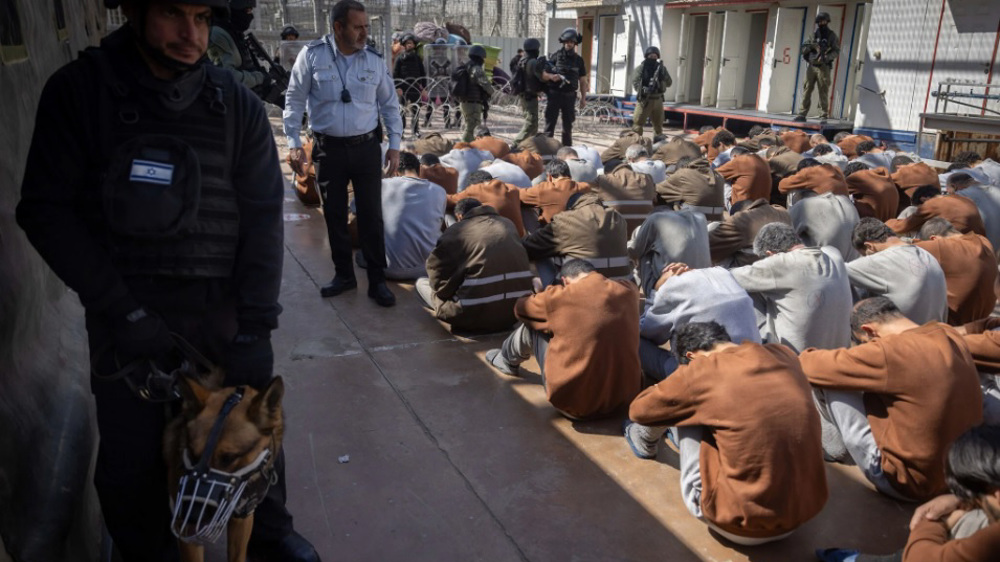
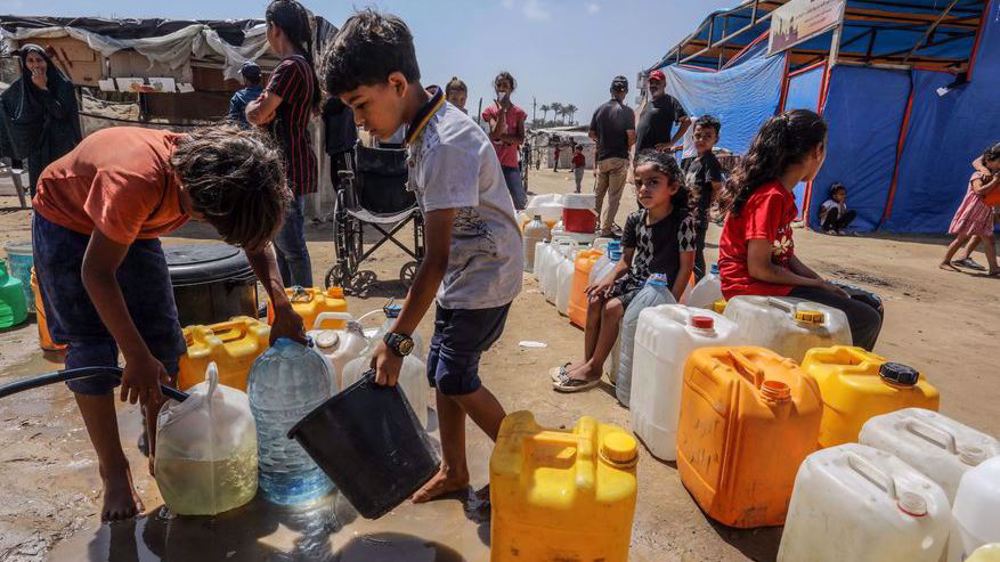



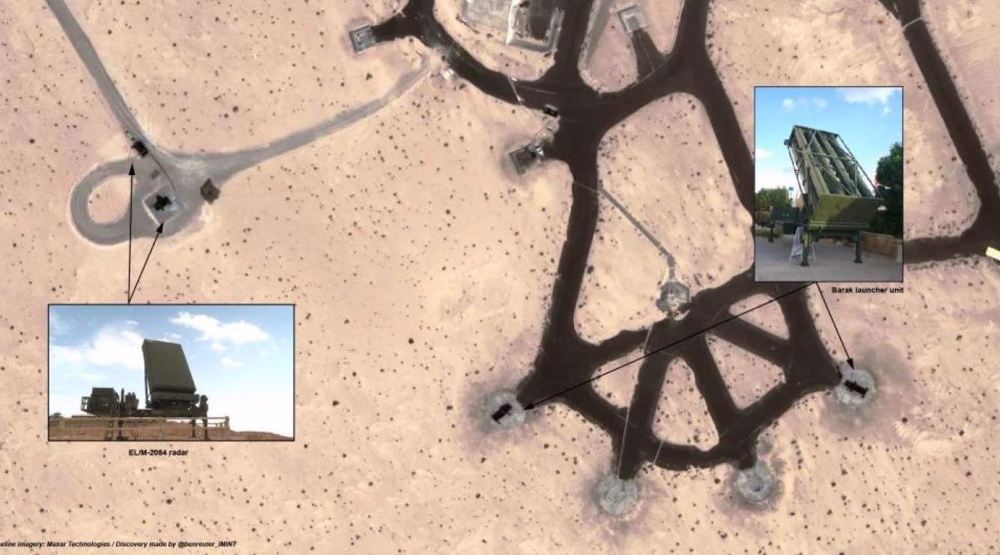
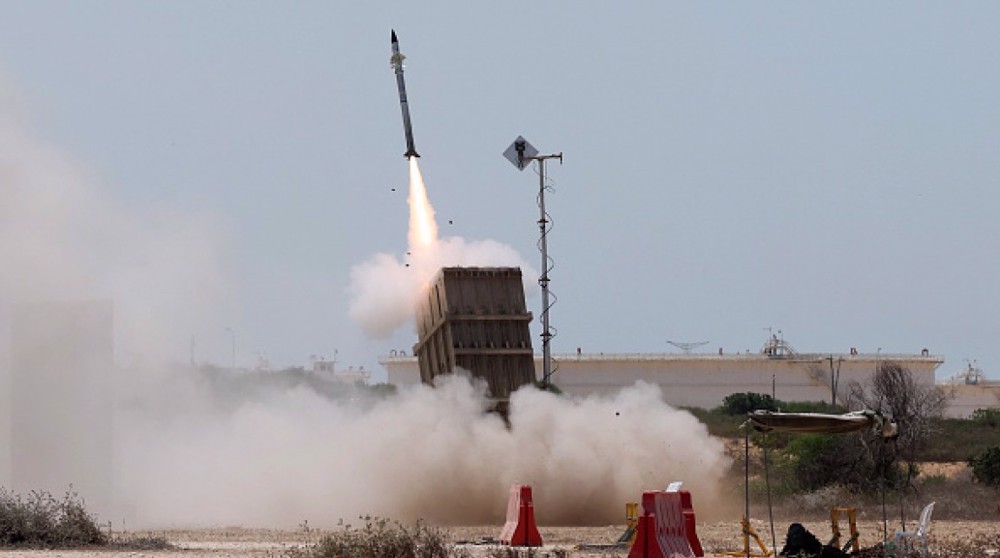
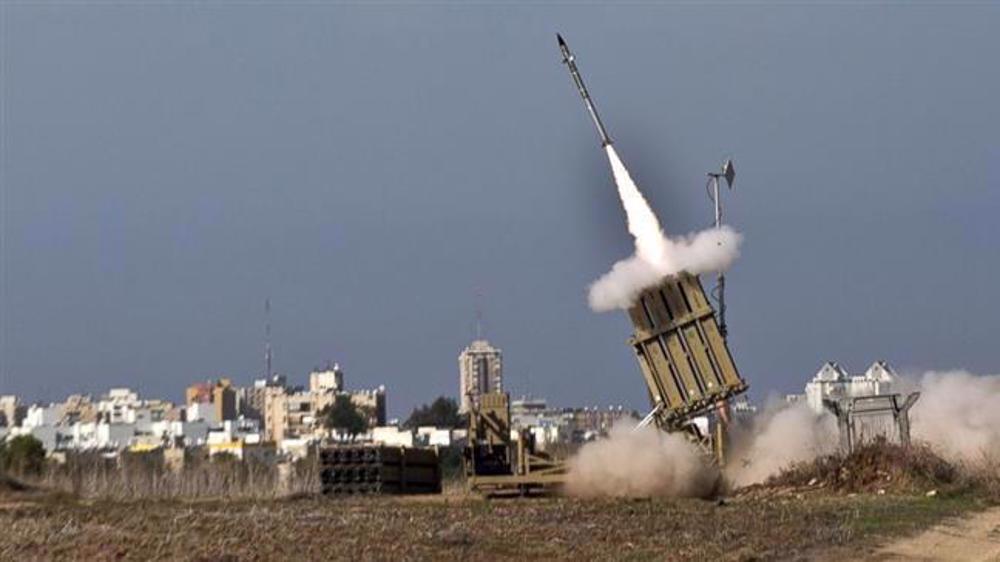

 This makes it easy to access the Press TV website
This makes it easy to access the Press TV website